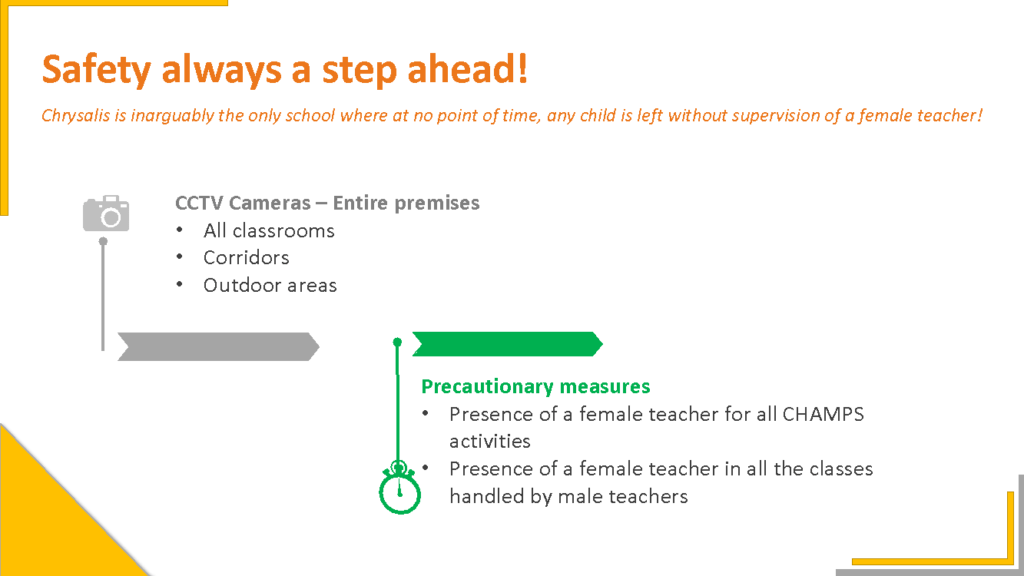
Music is a universal language. It transcends cultures and generations, bringing people together in moments of shared joy and unending connection. It boosts our mood, refreshes our souls, and dancing to music takes all our worries away. But did you know that music also has the ability to unlock the potential in every student?
Through the power of music, students feel motivated to learn; they become more confident speakers; they develop analytical thinking skills; and most significantly, they discover hidden passions that give them a lifelong advantage. Since music education is highly beneficial for students, many schools have started music education programs to develop creative and social skills in students. Plus, music education is always enjoyable for both students and teachers.
Benefits of Music Education

Enhanced Memorization Skills
Music education can help kids and students enhance their memorization skills if started early. This is because students use their memory to remember the notes and lyrics while performing. Especially if they use a sheet for performing music, they can engage their memory entirely. This is why parents and teachers use songs and melodies to help students learn, memorize, and remember things. This enhanced memorization skill can later help them in their academics.
Music in School helps Keep Students Engaged
Music has been used for centuries for expression and education. In today’s classroom, music is an effective tool for supporting students in learning beyond reading and writing. Music gives students unique opportunities to express themselves creatively and build confidence. From math and science to history, music can support any subject area and help keep students engaged in class.
If not a separate subject, teachers can implement music education in their regular classes. For example, making them understand the science concepts with tunes or 5 minute music breaks during class.
Improved Social Skills
Music can open doors to many opportunities for students; they get a chance to perform in choirs, orchestras, and different competitions. School goers will learn how to work and learn with a team and get a chance to meet and perform with new people.
The teamwork and new interactions help improve their social and communication skills. Also, music education helps the students know and understand different cultures and musical traditions. Knowing about these variations will help them interact with people from different cultures.
Develops Imagination
Music education helps stimulate the imagination of students. They create images and scenarios in their mind while listening to music. And the students also think of new lyrics, notes, compositions, and tunes while creating their own music for class assignments. Remember that imagination is extremely important for students to think of new and innovative ideas and excel in their future professions and personal life.
Develops Creative Thinking
Music stimulates our brains to think creatively and come up with out-of-the-box ideas and solutions to problems. Students who get a music education will have a creative approach to solving problems and handling complex situations.
Helps in Relaxing and Healing
Did you know that music is used as a proven form of therapy for mental health conditions? Yes, you heard that right! Students experience a lot of academic stress and pressure in school. The constant anxiety of exams and assignments can take a toll on their mental health.
Music education gives the students a chance to free themselves from academic stress and instead relax, sing, and dance. And since music soothes and heals the soul and mind, students will be able to cope with stress and anxiety more effectively.
Builds Self-Confidence
While this is no secret, we can’t stress its significance more: music education boosts students’ self-confidence. For many students, performing in front of a group of people can be extremely difficult and a source of anxiety and fear. Thankfully, music education helps students to overcome that fear by performing in choirs, bands, orchestras, and class assignments.
Not only that, but the appreciation students get from friends, family, and teachers after every performance increases their self-esteem and gives them a boost of motivation. This motivation and confidence stay with them for a long time and help them excel in different aspects of life.
Other Benefits of Music Education
Music education promotes improved coordination, specifically hand-eye coordination. Musicians must multitask! They must do multiple things all at once, all of which improve coordination and further develop the brain. Student musicians must read music, interpret it, and physically initiate the music through the playing of their instrument. These steps are repeated continuously throughout any performance of a piece of music, and even the youngest learners slowly develop their coordination skills through continued music practice.
The benefits of music education are immense and highly beneficial to students. Music positively impacts a child’s academic performance, assists in developing social skills, and provides an outlet for creativity that is crucial to a child’s development. Music education catapults a child’s learning to new heights, and because of this, it should always be considered a pivotal part of a child’s educational process.
Career Options
Music education in schools can open up a wide range of career options for students who are passionate about music. While not an exhaustive list, here are some of the best career options for students who choose to pursue music education in schools.
Musician/Performer
Becoming a professional musician in various genres, including classical, pop, rock, jazz, or folk. Opportunities for solo careers, bands, orchestras, and ensembles.
Music Teacher/Educator
Teaching music at various levels, from elementary to college. Private music lessons for individuals or groups.
Music Composer/Arranger
Creating original music compositions for various media, including film, television, and video games. Arranging music for different ensembles or artists.
Music Producer/Engineer
Overseeing the recording, mixing, and production of music in a studio setting. Collaborating with artists to achieve their desired sound.
Conductor/Orchestra Director
Leading orchestras, bands, or choirs in live performances. Directing rehearsals and shaping the interpretation of musical pieces.
Music Therapist
Using music as a therapeutic tool to help individuals with physical, emotional, or psychological challenges. Working in hospitals, schools, or rehabilitation centers.
Sound Engineer/Technician
Managing audio equipment and technology for live events, recording studios, or broadcast settings. Ensuring high-quality sound production.
Music Journalist/Critic
Writing about music for newspapers, magazines, websites, or blogs. Reviewing music performances, albums, and trends.
Arts Administrator/Manager
Managing the operations of music organizations, such as symphonies, opera companies, or music festivals. Handling budgets, marketing, and logistical aspects.
Music Industry Professional
Working in various roles within the music industry, such as artist management, marketing, public relations, and A&R (Artists and Repertoire).
Instrument Repair Technician
Repairing and maintaining musical instruments. Working in music stores, repair shops, or as an independent technician.
Music Retailer/Entrepreneur
Owning or managing music stores, online music retail businesses, or music schools. Selling instruments, sheet music, and accessories.
Music Historian/Researcher
Studying the history of music, music theory, or ethnomusicology. Contributing to academic research or writing books on music-related topics.
Choral Director
Leading choirs and vocal groups in schools, churches, or community organizations. Focusing on vocal technique and choral performance.
Session Musician
Playing as a session musician for recording sessions or live performances with various artists and bands.
Conclusion
It’s important to know that music is both inexpensive and fun. It also has mental and therapeutic benefits for students. It’s because of these attributes that makes it appealing to students as well as parents. The more we talk about music, the more benefits we gain. It’s without a doubt to say that music has been integral to communities and civilizations from time immemorial. All praises, whether to God or to nature or even to humanity, have been musically written which shows how much importance has been ascribed to music.
In conclusion, music education in schools is not just a subject; it’s a gateway to a world of opportunities. It fosters cognitive development, emotional intelligence, and creativity, while also nurturing skills that transcend the realm of music. From becoming a professional musician to pursuing a career in education, production, or therapy, the paths are diverse and rewarding. Music education enriches lives, instills discipline, and inspires a lifelong love for the art.
So, remember: the harmonious journey of music education is a symphony of endless possibilities.
FAQ
How does music education benefit academic performance in schools?
Explore the ways in which music education positively influences cognitive skills, academic achievement, and overall learning outcomes.
Is there evidence supporting the role of music in enhancing creativity?
Learn about the correlation between music education and the development of creative thinking, problem-solving, and innovation in students.
What impact does music education have on social and emotional development?
Understand how participating in music programs fosters social skills, emotional intelligence, and a sense of community among students.
Are there long-term benefits of incorporating music into the school curriculum?
Discover the lifelong advantages of music education, including its influence on career paths, personal growth, and the well-rounded development of individuals.


